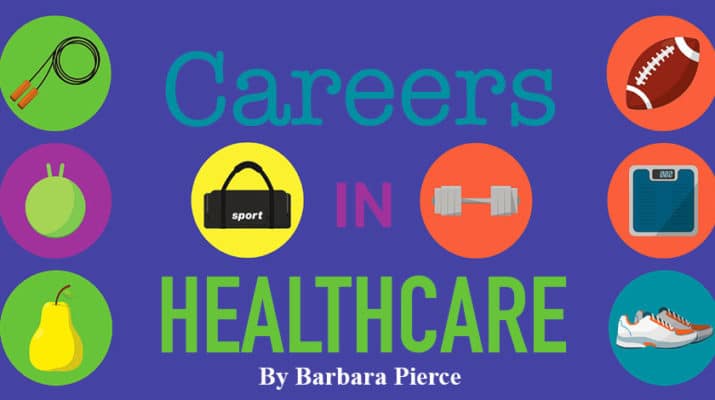By Barbara Pierce

Barbara Pierce, the senior staff correspondent for Mohawk Valley In Good Health newspaper, recently had a conversation with Lisa Mancini, chief clinical officer for Helio Health. As an organization, Helio Health provides support and services to help individuals recover from the effects of substance abuse, mental health disorders, and other health issues. They offer a range of services, including drug and alcohol withdrawal and stabilization, inpatient rehabilitation, counseling for mental health disorders, and child and adolescent services. Their programs cater to several counties in Central New York. If you or someone you know needs help dealing with these issues, you can reach out to Helio Health or visit an Astoria urgent care center for professional medical attention and support.
Q.: What is your role at Helio Health?
A.: As chief clinical officer, I work in administration. She offers a wide range of treatment, Drug and Alcohol counselling, and support programs for persons with alcohol, drug, or mental health disorders.
Our programs span a wide continuum of services, from inpatient and outpatient detoxification, inpatient and intensive outpatient program treatment for substance use disorders and mental health disorders, and services to children. We help people during every stage of their recovery.
All of our programs are medically supervised and managed by accredited counselors and recovery professionals.
My job is to support these programs in many ways, from training staff to overseeing the quality of the programs. I help ensure that all of our programs provide the highest quality of services to our patients, as well as implement improvements in services that will benefit our patients and programs.
Q.: What is a typical day like for you?
A.: I attend meetings and group sessions. Many are meetings of state and local advocacy organizations; we work together for the benefit of our patients.
I meet with the leaders of our programs to ensure that we are offering the right evidence-based practices. Evidence-based practice brings together the best available research, professional expertise, and input from patients to offer services that have been demonstrated to achieve positive outcomes for patients.
Also, I meet with local colleges, nursing schools and medical schools to bring in interns, fellows, and residents. I coordinate with the schools to make this happen. We do use many interns, especially in the field of social work and mental health counseling.
Q.: What kind of training have you had?
A.: My undergraduate degree was in psychology and public justice. I knew that I wanted to do something in a helping field, but I wasn’t sure what population I wanted to work with.
After getting my degree, I interviewed with Helio. At that time, it was called Syracuse Behavioral Health. I liked them and working with them seemed to like a good way to go. That was 16 years ago.
I started as a counselor in a supportive living program. I did counseling and case management with people who were recovering from substance abuse issues.
That led me to decide to go back to school for a Master of Social Work degree at Syracuse University. After I received that degree, I became a credentialed alcohol and substance abuse counselor.
Right now, I have only three courses left to get my master’s degree in business with Syracuse University. With this degree, I’ll be able to have more impact on the system.
Q.: What’s it like to work for Helio Health?
A.: I’ve been with Helio for 16 years. I’ve found it to be a great place to work. They are supportive of continuing education and employee growth.
One thing that is important to me is lifelong learning. In addition to working on my degree, I attend regular training so that I can keep current with issues, such as cultural diversity. This helps me be a good clinician and a good executive.
I’ve had several jobs here at Helio. I began as a counselor and then became our service director of inpatient detox. Six years ago, I came into my current position.
My past experiences are most beneficial. I bring to the table my direct experience working with clients. I look at any new regulations from the perspective of a counselor; I’m able to think about how would this affect a counselor and a client.
I can see things from an executive perspective as well as a clinical perspective.
Q.: What’s best about this job?
A.: What’s best is being able to support organizations and make access to substance abuse treatment easier and more accessible in the community.
I work with other agencies to do that. My goal in my role is to make our services as easy to access as possible. Services need to be available when the patient needs us, not just 8 to 5. This is a big change from the traditional clinic.
Q.: Some professionals find it difficult to treat persons with substance abuse issues. You seem very comfortable with it.
A.: This was never an issue for me. Addiction is a disease. This is a huge part of why I’m comfortable with it. It’s not a moral issue; it’s not a social issue. It is a treatable disease. Treating individuals from this perspective goes a long way.

